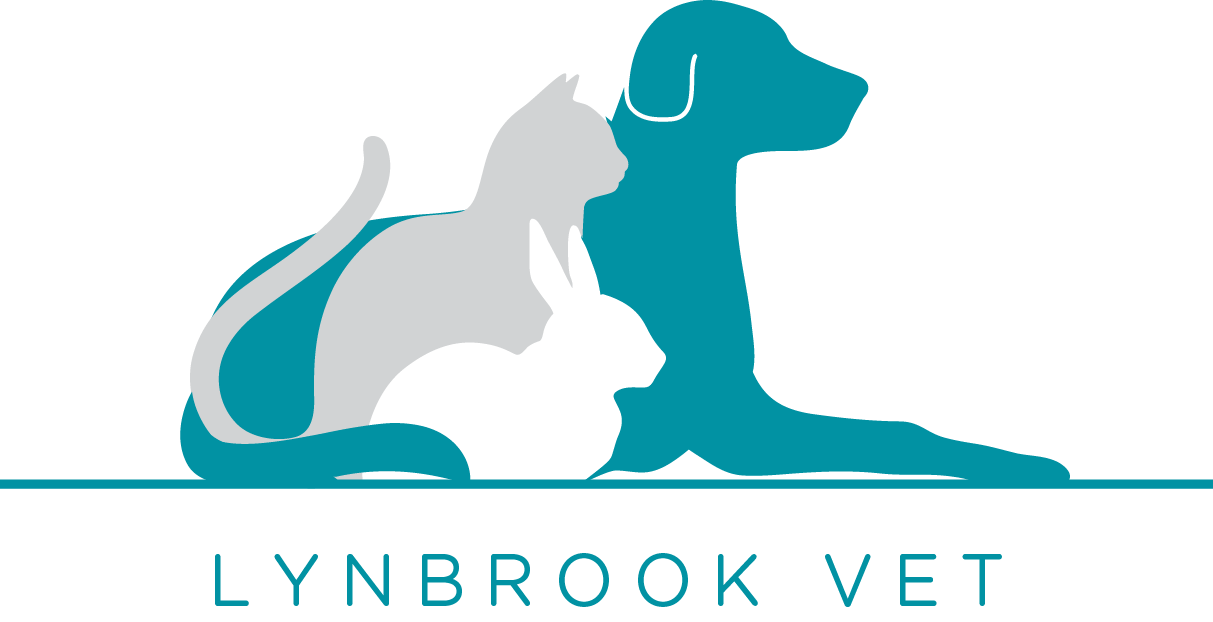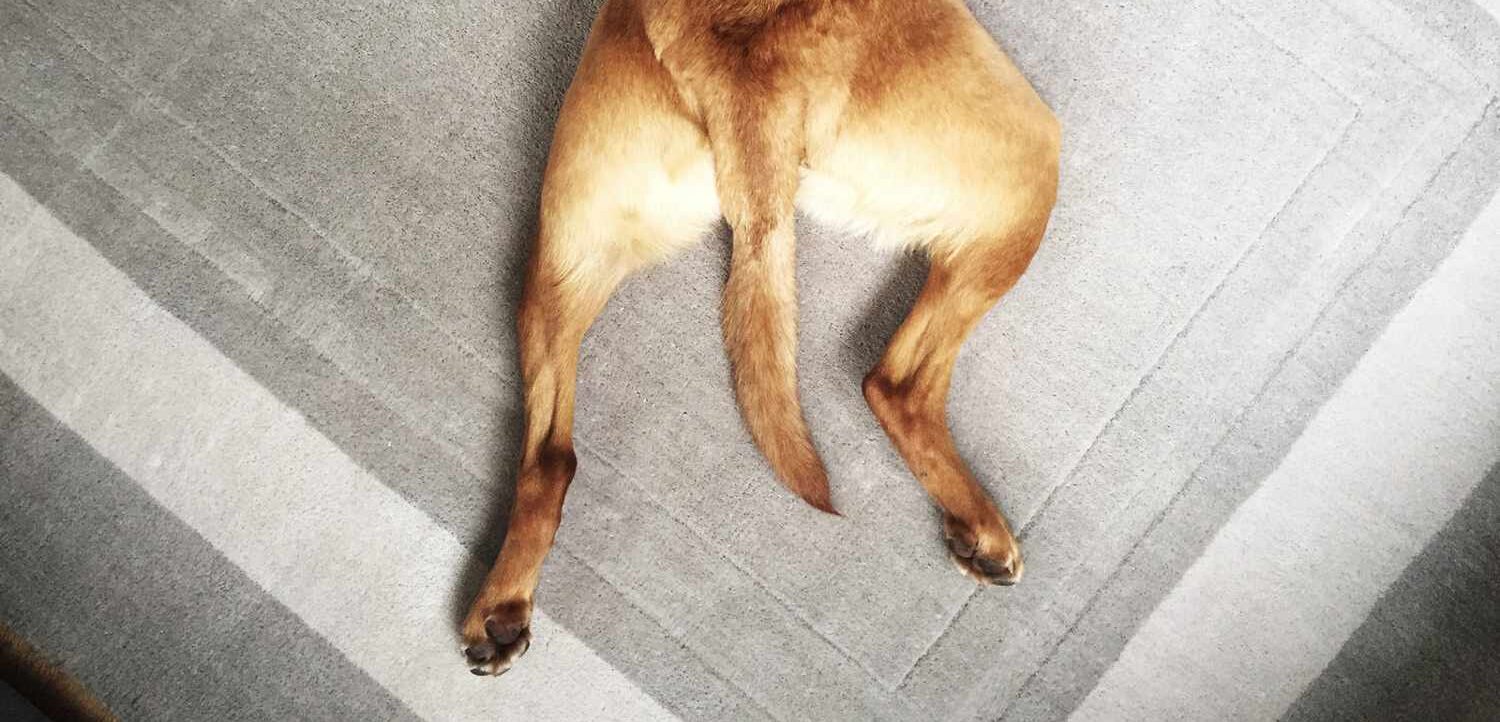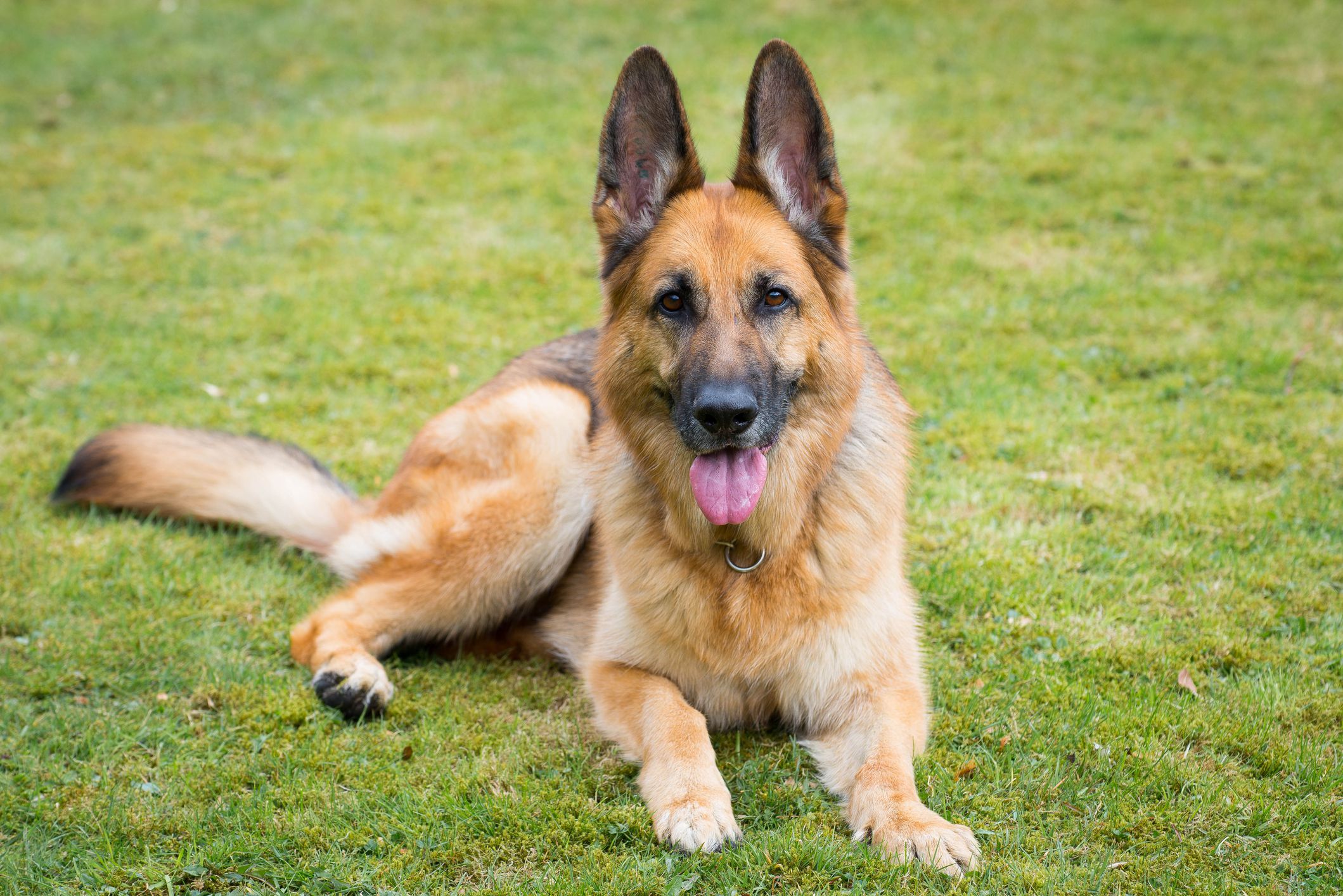Desexing Services
Lynbrook Vet provides routine desexing for dogs, cats, rabbits, ferrets and guinea pigs.
Why is desexing important?
There are a number of reasons why we recommend desexing your pets.
Quite often we see an increase in behavioural issues that arise in non-desexed animals. Some of these behaviours may include increased chances of aggression between animals and towards people, inappropriate urine marking, straying, and mounting. Desexing early can help reduce the chances of these sexually dimorphic behaviours from occurring.
Desexing reduces the risk of your pet developing cancers such as mammary tumors, testicular cancers, prostate cancers and more. Desexing also prevents unwanted pregnancies and the health problems and costs associated with these, such as abortions, caesarean sections, and conditions such as pyometra- a potentially life treating illness of the uterus in entire females.
Desexing pets has been critical in population control, especially in cats who may wander and can reproduce quickly and in large numbers. By desexing your pet, you help reduce the desire to stray and in turn can help reduce the chances of them becoming sick or injured in the outside world. Animals who tend to stray have a far greater chance of being hit by cars or involved in fights such as cat fights which can lead to life threatening illnesses such as FIV.
We have put together some specific information in our blog: When you should Desex your pets and why it is recommended? which may help provide you with more direct information about the benefits of desexing to your pet. Have a read and please feel free to call and have a conversation with our team to learn more by phoning (03) 8373 0301.
What we do:
De-sexing surgeries are performed on weekdays with an admission time between 8am and 9am and discharge time generally from 3pm onwards. We are more than happy to try and accommodate times around your schedule, just let our team know on booking.
We recommend a Gold Standard de-sexing package which is inclusive of:
- Physical exam with the veterinarian to assess your pet’s suitability to undergo an anaesthetic.
- Pre-anaesthetic Blood test to assess your pet’s organ function especially their liver and kidneys and also the status of their red and white cells. This acts as an internal health exam to confirm that your pet is safe to undergo an anaesthetic and also to help us modify the anaesthetic if required.
- Fluid Therapy (also called the drip) to maintain your pet’s blood pressure and hydration whilst under the anaesthetic. This also aids in a smoother recovery.
- Pre-medication which has a sedative and a pain relief component to help keep your pet calm and comfortable before, during and after their surgery.
- Surgery to desex your pet. During this procedure we use dissolving sutures placed under the skin so that there is no need for an e-collar (although some animals do lick the shaved area so we sometimes send them home with one just in case) and no stitches to be removed, making your pet more comfortable after the surgery.
- Pain relief injection and take-home medication to ensure that your pet is free of pain straight after the surgery and for the next seven days until the wound has healed.
- A free revisit in 7-10 days’ time to check the wound and make sure it has healed well. If you have any concerns before this time, we are more than happy to offer a recheck sooner as well as ongoing phone support should we need to chat.
Lynbrook Vet provides routine desexing for dogs, cats, rabbits, ferrets and guinea pigs.
You can refer to our Rabbit information page for more specific details on desexing your pet rabbit.




